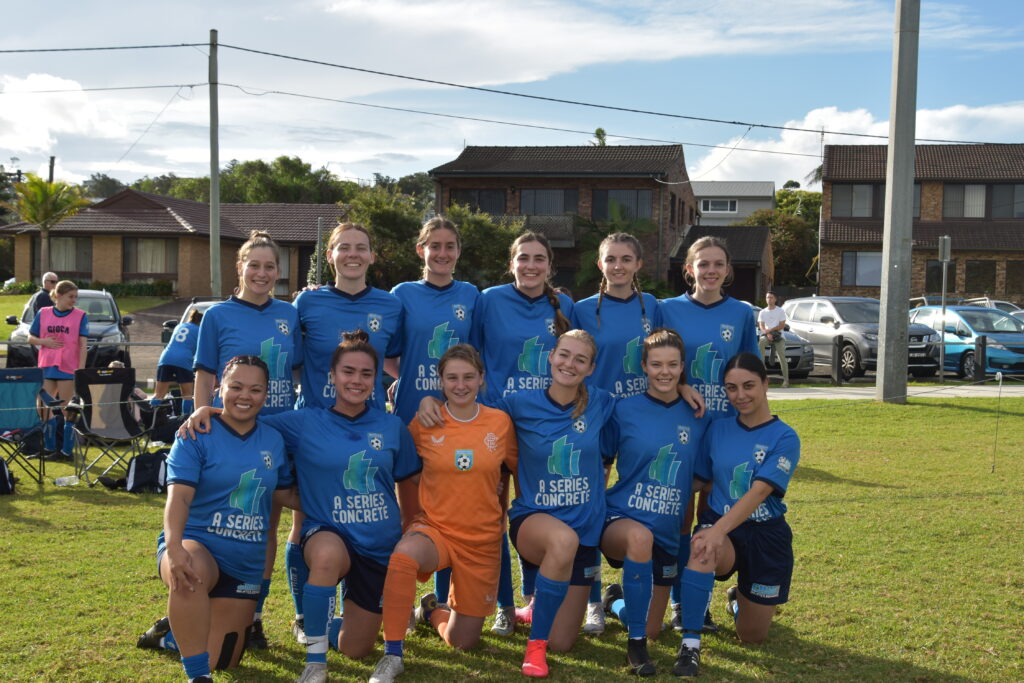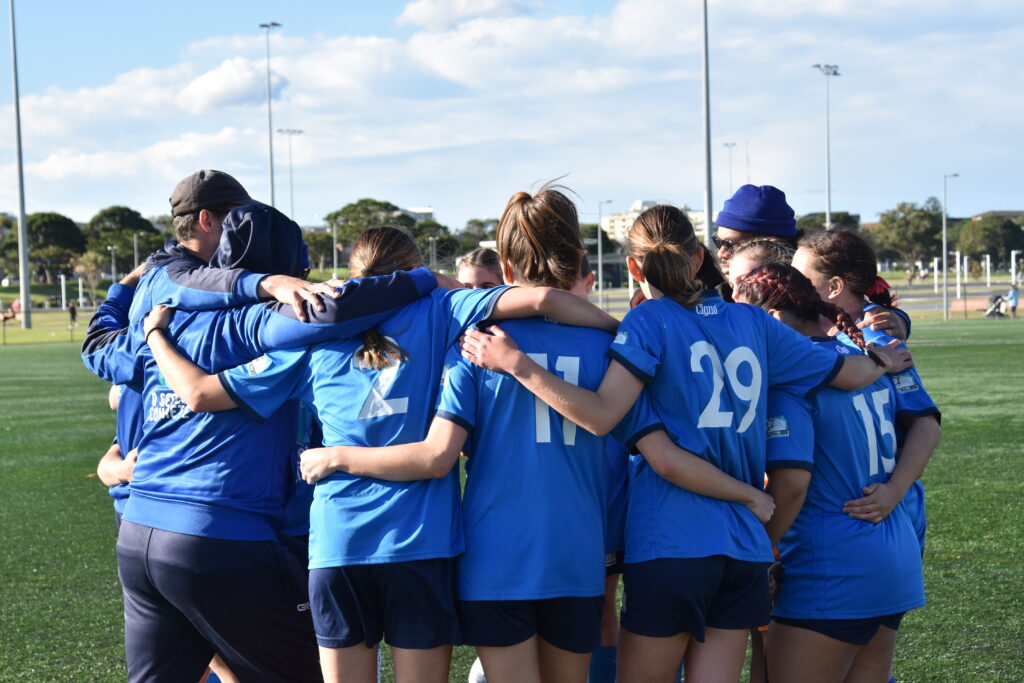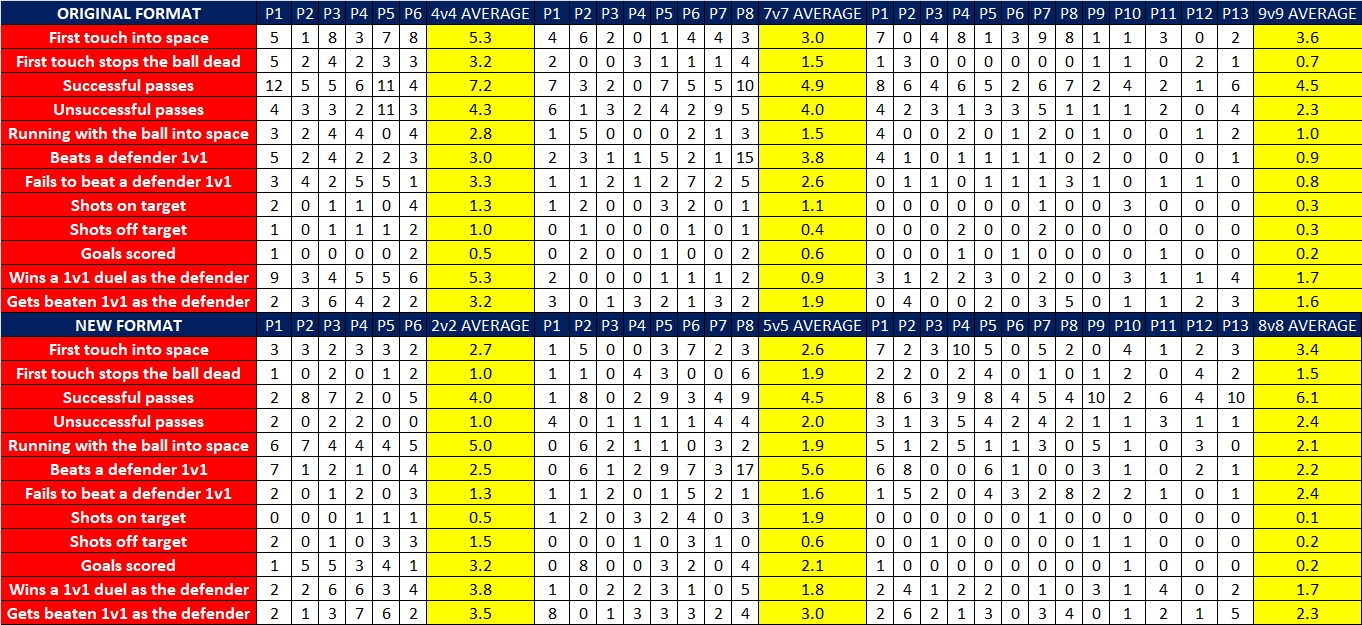For his service to Brookvale Football Club and the local competitions, Wayne Pierce has been given the MWFA Meritorious Service Award.
Wayne’s input has been greatly beneficial for the club – he is a quiet achiever who works behind the scenes in our grassroots football community. He always gives his time unselfishly, whether it’s helping to set up the fields at Grahams Reserve on frosty Saturday mornings, grading sessions, canteen duties, club presentations, or pretty much anything else that needs to be done.
His talent was seen at an early age when he was selected for the NSW U12 Boys team in 1979, while playing at Wakehurst. Wayne had a distinguished playing career in MWFA competitions, and he also played for Manly Warringah Dolphins (Manly United) in both juniors and seniors, collecting countless trophies.
In 1996, Wayne was appointed coach and player for Brookvale’s Men’s Premier League squad. Over the seasons that he played for Brookvale, Wayne won Player of the Year and Players’ Player awards on several occasions, as well as being involved in a number of teams that won the Football NSW Champion of Champions tournament. Unfortunately, a serious injury in 2003 jeopardised Wayne’s playing career.
Off the field, Wayne’s football knowledge is second to none. He was instrumental in laying the foundations of a player grading system for junior teams eight years ago and those foundations benefit the club to this day. His work ethic and knowledge are crucial to Brookvale’s final gradings – anybody involved in junior grading knows it is a difficult job but Wayne always delivers with a smile on his face.
Wayne’s contribution as a coach and mentor began when his children started playing football at a young age for Beacon Hill. His son moved to Brookvale in 2017 to be part of their U/18 squad, and Wayne looked after this group of players for three years. Wayne also coached his daughters at the women’s senior level, which meant that he was involved on Friday nights with his son, Saturday with the Men’s Premier League squad, and Sunday with his daughters. U/18 training was on Tuesday, the WAL team trained on Wednesday and Men’s Premier League training was on Thursday.
His experience has been invaluable when guiding young players into the club’s Men’s Premier League setup, with many of those players progressing into the 1st Grade side. In 2024, Wayne will be Men’s Premier League Assistant Coach for the seventh consecutive year, allowing him to nurture better footballers by shining a light on Brookvale’s history and culture.
Wayne Pierce and his family have always been available to assist Brookvale FC – he is truly a great club man.






